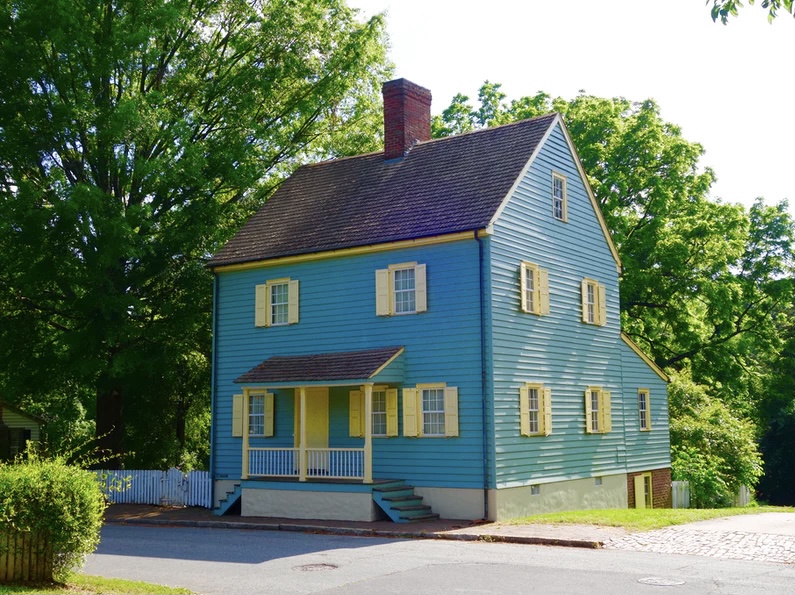
A mortgage does not disappear when the home owner dies.
You recently inherited from the estate of your parents.
This inheritance included the family home.
Although inheriting a residence can be beneficial, it can also bring challenges.
According to a recent Bankrate article titled “Does the home you inherited include a mortgage?,” the situation can be further complicated by a mortgage.

Consider your options for paying off the mortgage on an inherited home.
If your parents had an existing mortgage on the home when they passed away, you will likely have to pay the debt.
Mortgages do not simply dissolve when a homeowner dies.
What do you need to do?
Consider how you will make the payments on the loan.
If there are missing payments, you may even need to take into account late fees.
The good news is you have several options.
Do you plan on moving into the home?
If yes, then you may be able to take on the mortgage yourself and continue making payments.
Using a cash-out refinance can help you pay the mortgage.
Do you plan to sell the home?
This is often the choice made when no member of the family wants to live in the home.
In this case, you can pay off the mortgage using the money from selling the property.
You can also pay the mortgage off from your inheritance while the home is on the market, if the inheritance is sufficient to do so.
If you choose this option, seeking guidance from an experienced estate planning attorney is essential.
As an heir, you are often entitled to some leeway while the estate is being settled.
Taxes are another consideration when you have inherited a home.
With the current federal estate tax exemption threshold at $11.58 million per individual, the estate will likely not owe estate taxes to the federal government.
If you live in one of the 17 states with an estate tax, you may not be so lucky.
Kansas and Missouri do not have a state estate tax.
Even so, you may still owe a capital gains tax on the sale of the home.
If you did not inherit the home but are the executor of the estate, you should know there are usually special protections for surviving spouses when it comes to keeping the home.
If they can afford to keep the residence and depending on state law, then they will often have ownership transferred to them automatically through tenancy by the entirety, joint tenancy with rights of survivorship, or community property with right of survivorship.
If there is a reverse mortgage on the property, then the surviving spouse will continue to own the home.
If the heir is not a spouse, then the options include selling the home for at least 95 percent of the appraised value, agreeing to a deed in lieu of foreclosure, and refinancing or paying off the balance to keep the home.
The balance of the reverse mortgage must be paid within a specific time frame.
If this deadline is missed, then the lender will begin the process of foreclosure.
What can you do if the value of the home is less than the outstanding mortgage debt?
This depends on the loan.
If the loan is a non-recourse loan, then foreclosure is the likely result.
Although inheriting a home with a mortgage complicates matters, the situation could be further complicated in the absence of a last will and testament or revocable living trust.
If you or your loved one are lacking this estate planning tool, you should take steps to remedy this oversight.
Reference: Bankrate (Oct. 22, 2020) “Does the home you inherited include a mortgage?”
REMEMBER: “The choice of a lawyer is an important decision and should not be based solely upon advertisements.”
This statement is required by rule of the Supreme Court of Missouri.
